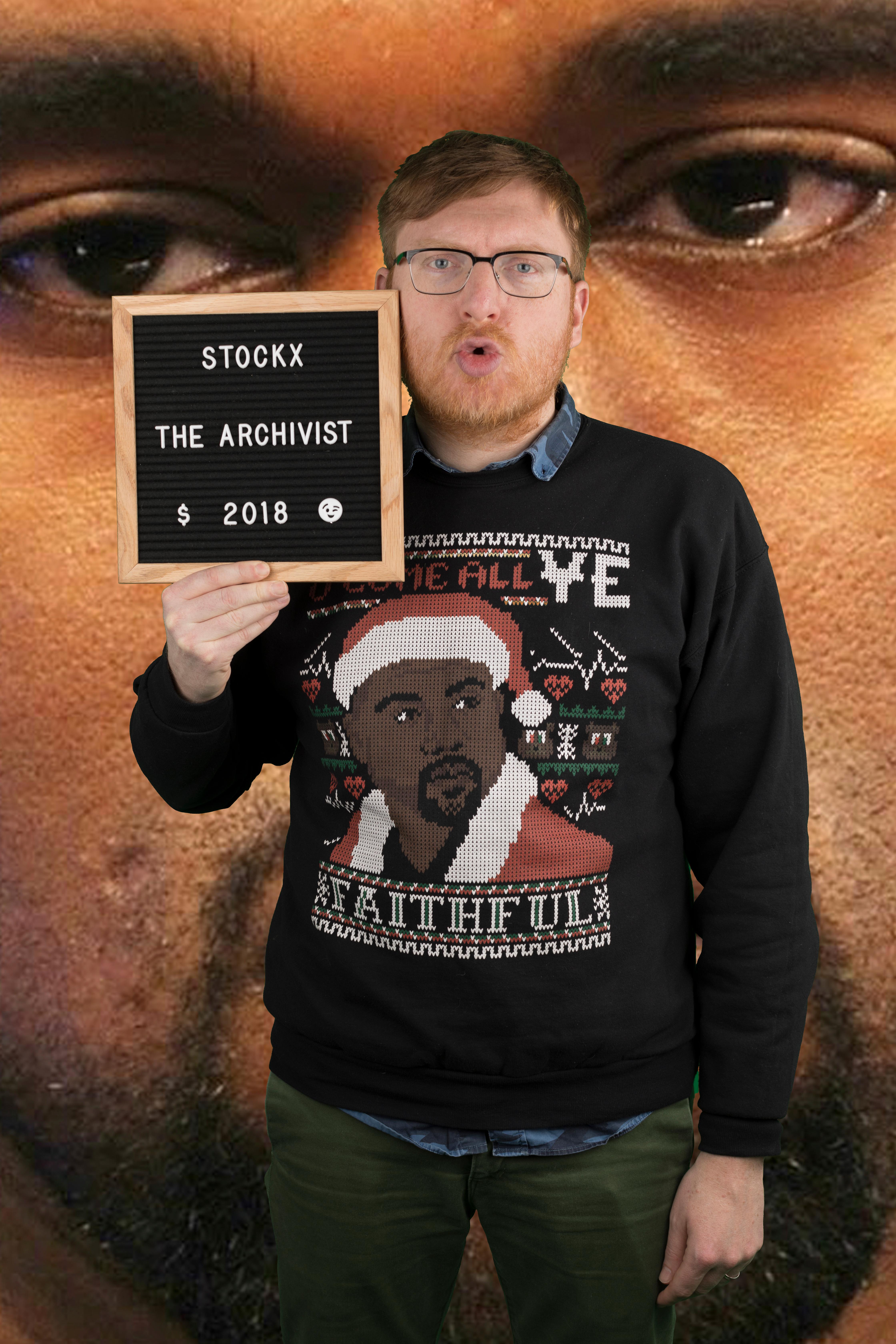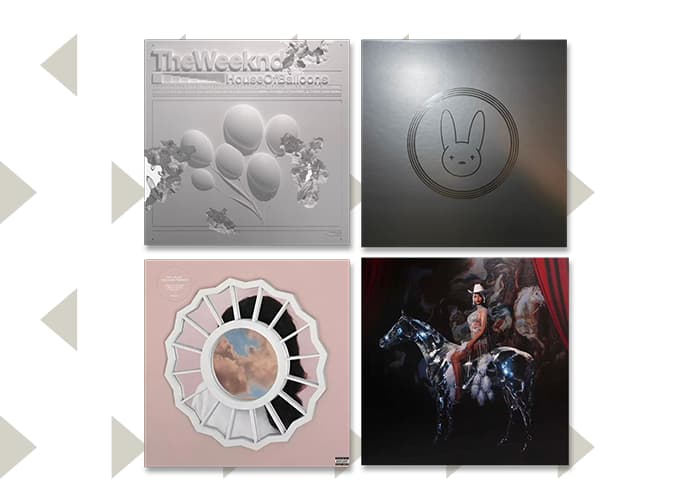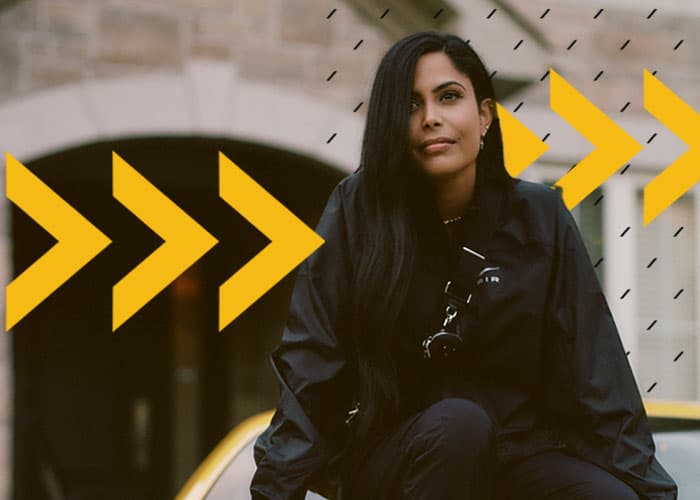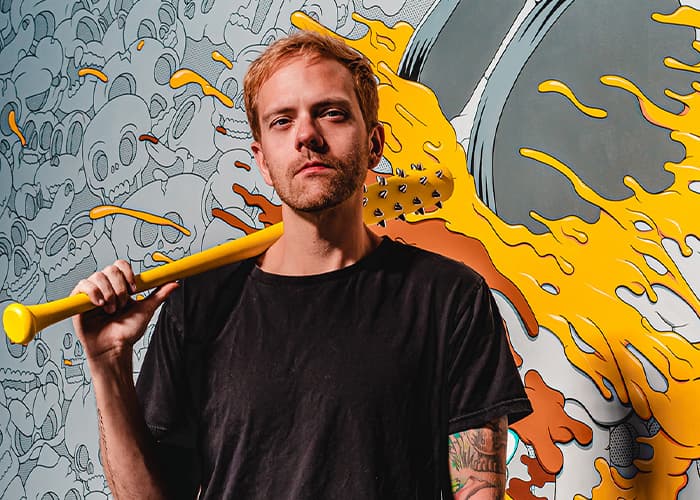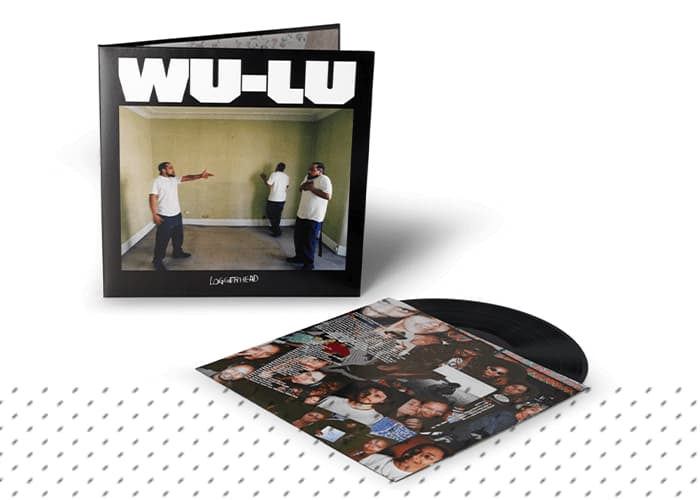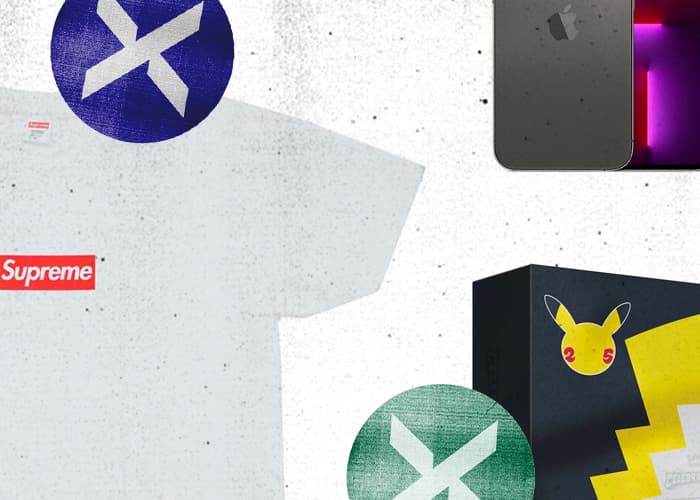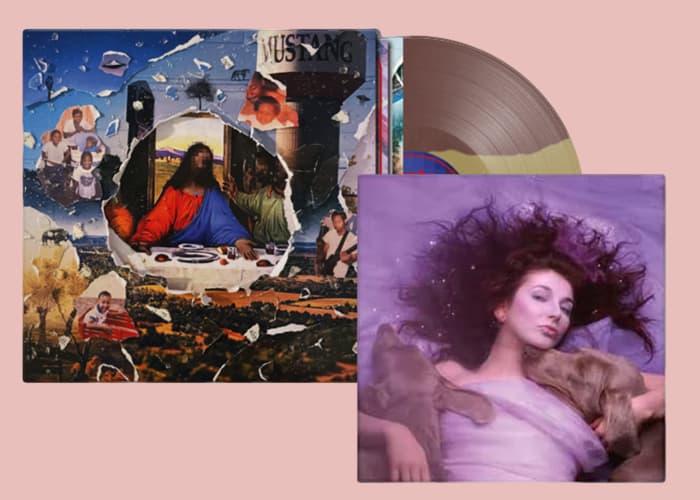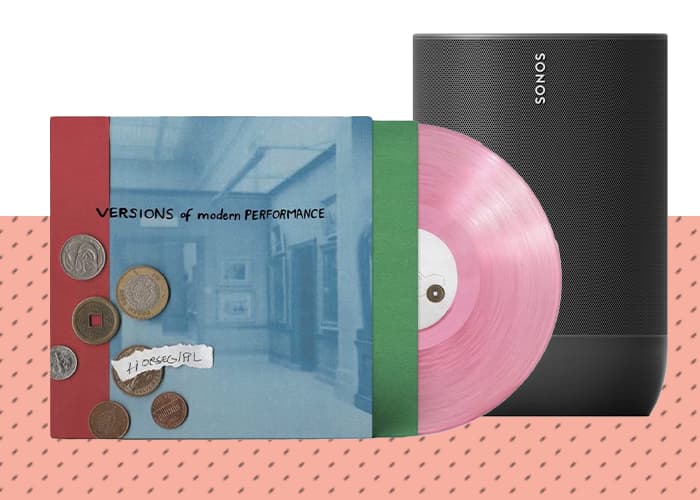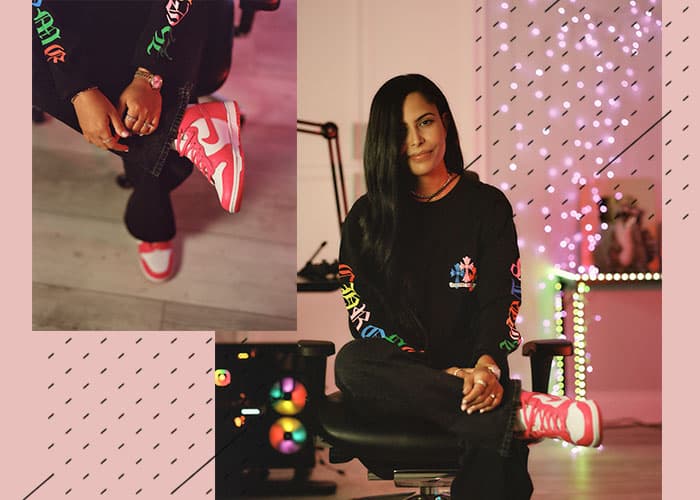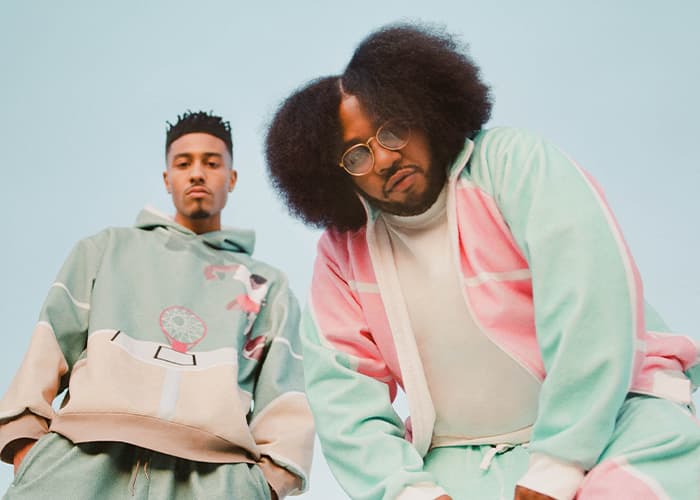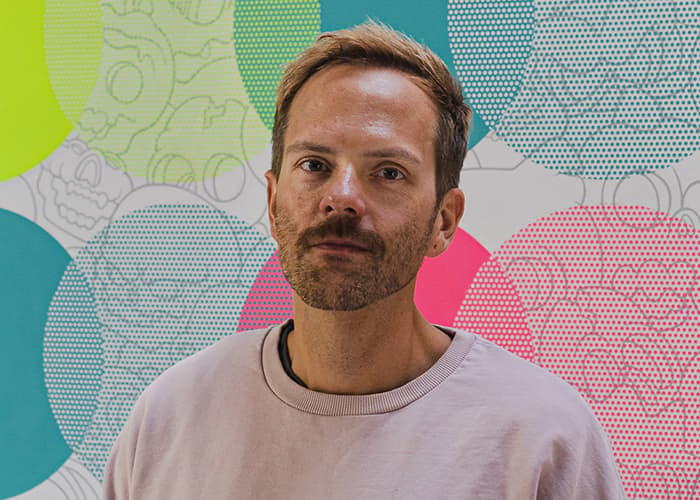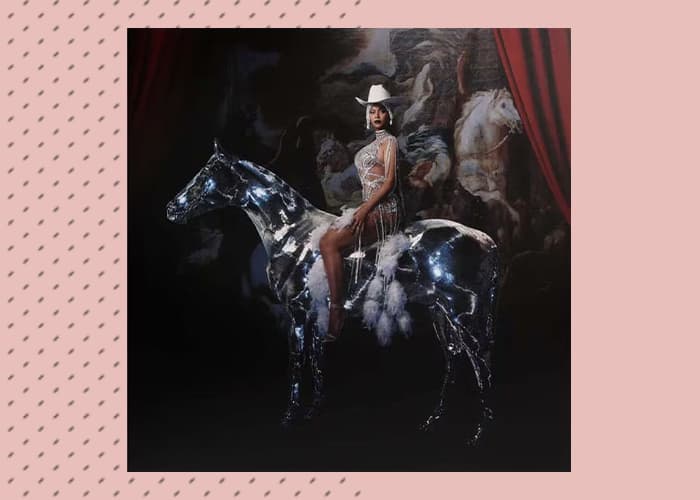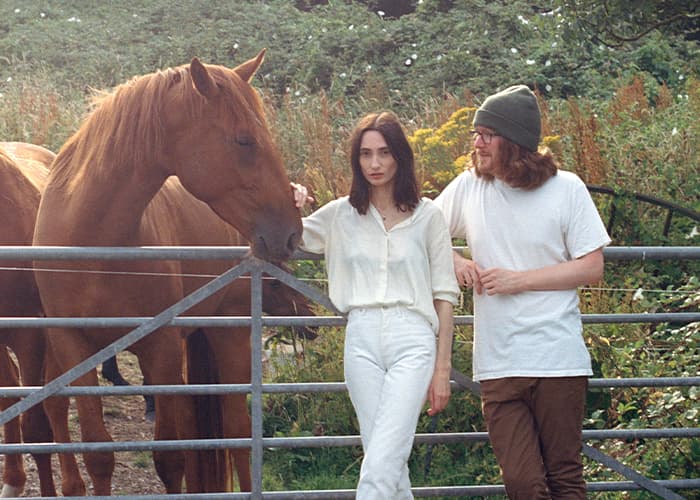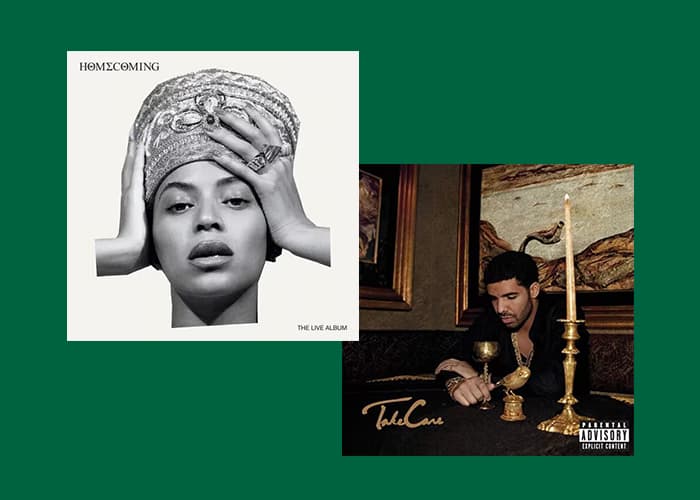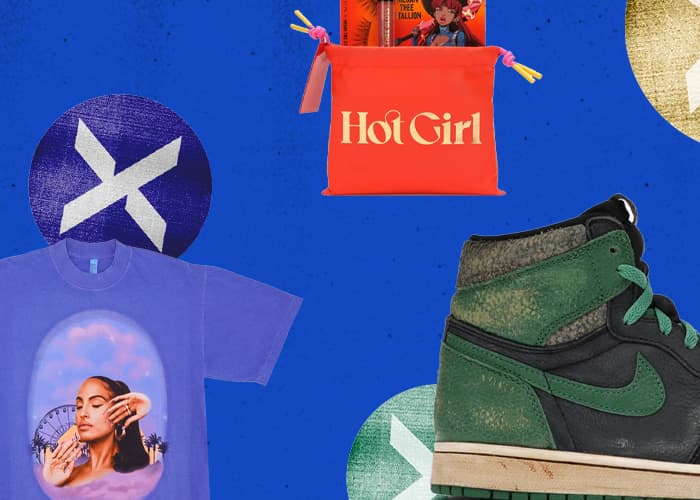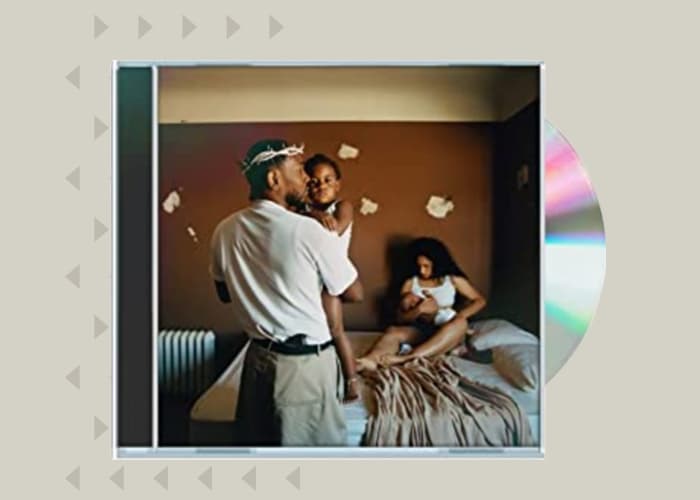Producer CESRV has been a driving force in Brazilian music over the last decade. The end of 2020 found him achieving several career-firsts: he released The Underground in October, his first old school jungle and drum ‘n’ bass record, as well as his first record pressed on vinyl. Pulling from São Paulo’s musical past to remix the contemporary sound he helped create, CESRV is pushing his art and Brazilian music into the future.
This interview has been lightly edited.
What influences you right now?
Every artist around me, and also the city I’m in. I’ve been reading a lot about art and how it relates to the music business. That’s been my passion lately, putting myself into other contexts and thinking of what people are going through, and making those feelings come out as art.
What are some of your all-time influences?
I was born and raised in São Paulo, Brazil. During the ’00s, the hip-hop and electronic scenes were popping, and everyone in the city was going to shows and clubs. This atmosphere made me pay attention to new music that was coming out during that period. When we got to the 2010s, the bass scene made its crossover, and it was life-changing for me. I turned into a DJ during that time, and I started digging for every style of music I could ever think of. That’s how I got hip to footwork, half-time, drum ‘n’ bass, jungle, house, techno, trap, southern rap, grime, and all that stuff.
What’s the most overrated?
This pop Latin music scene going global. It’s always been here, but now everyone sees it as something new. It ain’t that new; you weren’t paying attention.
What’s the most underrated?
The Latin music scene. There’s pure fire in every corner of South and Central America for ages. Now that the world is paying attention to it, they’re only listening in very superficial ways.
In addition to your most recent release, what else are you most excited about?
The EP is my first release making jungle, drum n bass, and hardcore. I’m a huge fan of this kind of music since day one, and I couldn’t do it before because the electronic scene in Brazil is very boring and homogenous. It’s hard to break through doing different styles other than house or techno.
What’s next for you?
Big music, big dreams, and I hope we get to travel again very soon. That’s what I live for.
Bonus Question: How does São Paulo find its way into your music? Do you think you would be making the kind of music that you do if you lived somewhere esle?
São Paulo is certainly my main inspiration in life. I frequently go for a walk in the city and start watching how people deal with their own lives or spend the night in a bar in any of my friends’ hoods to get new ideas and see life in different ways. If I were somewhere else, I would surely make different music than I’m doing right now.



